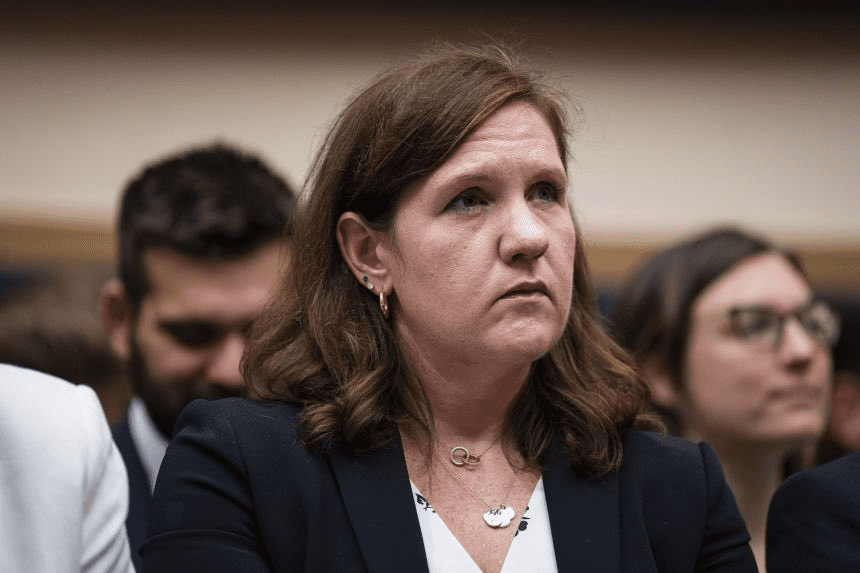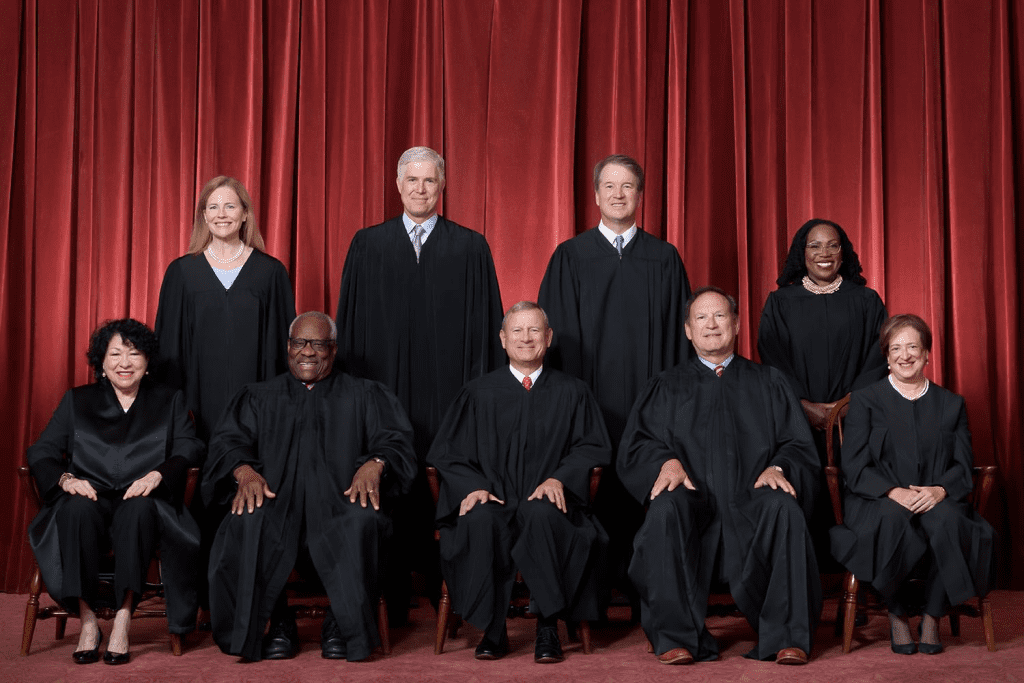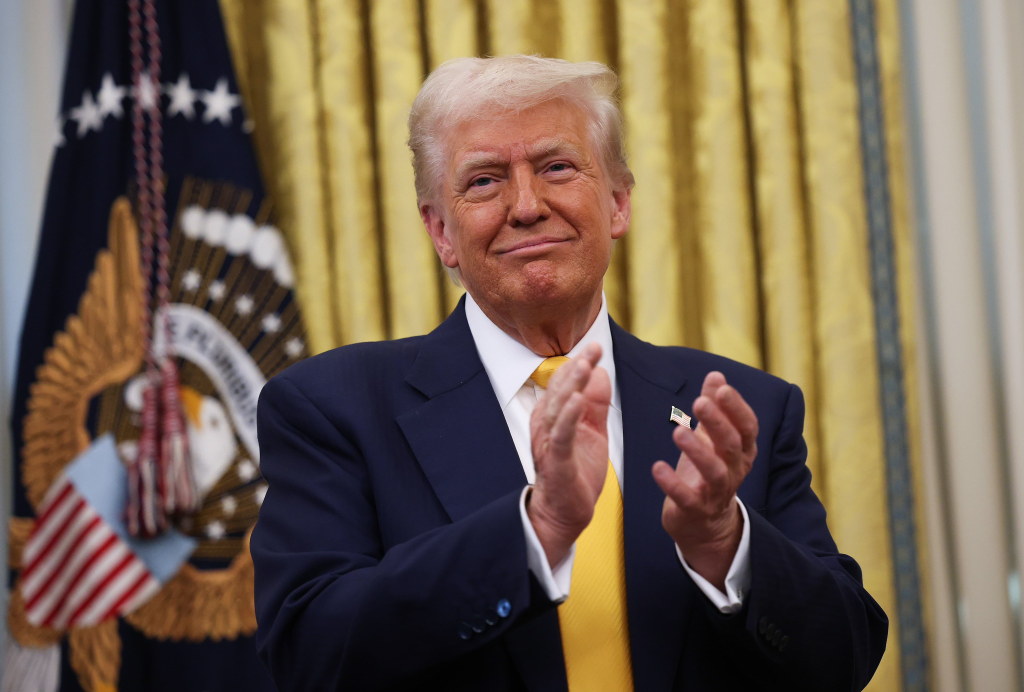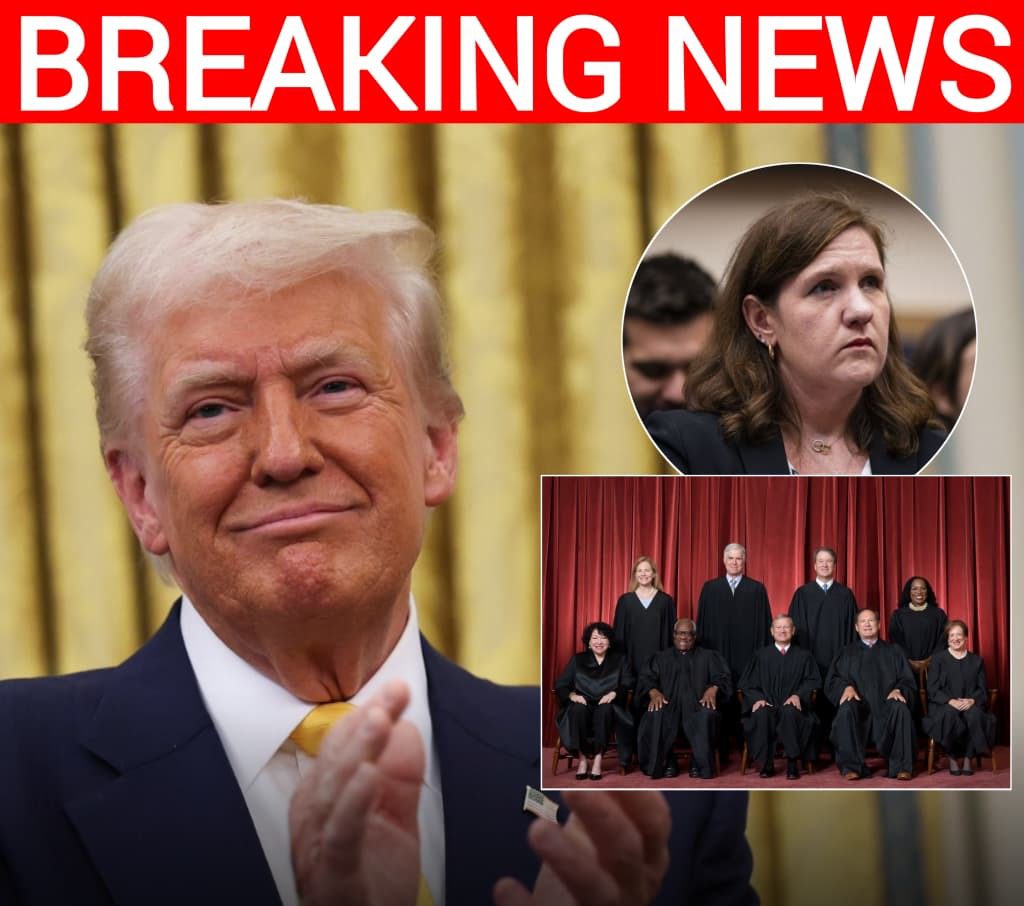Supreme Court Allows Trump to Remove FTC’s Rebecca Slaughter While Deciding If Removal Protections Are Unconstitutional
The U.S. Supreme Court has just cleared the way for President Donald Trump to remove Rebecca Kelly Slaughter, the last Democrat on the Federal Trade Commission (FTC), even though law currently limits presidents’ power to fire FTC commissioners except for specific reasons. The case has stirred up questions about how much control a president really has over independent agencies, and this ruling could shift the balance of power.

Earlier this year, Slaughter and Alvaro Bedoya — both appointed by former President Biden — were fired without cause, sparking outrage and a legal fight. Slaughter sued, arguing that existing law backed by a 90-year-old precedent (Humphrey’s Executor, decided in 1935) says that FTC commissioners can only be removed for neglect of duty, inefficiency, or malfeasance. A federal judge agreed and ordered her reinstatement.
But on September 22, 2025, the Supreme Court issued a temporary emergency ruling that blocks that reinstatement. The decision was 6-3, siding with Trump’s argument that he should be allowed to remove Slaughter while the Court hears the full case.


The bigger picture here: SCOTUS also agreed to hear full arguments in December about whether those removal protections themselves are constitutional. If they are struck down, presidents could gain more power to dismiss federal agency commissioners without the current legal limits.

This matters because independent agencies like the FTC often make decisions without direct political pressure, especially decisions about consumer protection, antitrust, and regulation. Limiting those protections could change how those agencies act — potentially making them more directly accountable to the president. Critics worry about risks of politicization, and supporters say executive power needs flexibility.
Whatever the outcome, this isn’t just about one person being fired. It might reshape how U.S. government agencies operate and how much independence they truly have.



